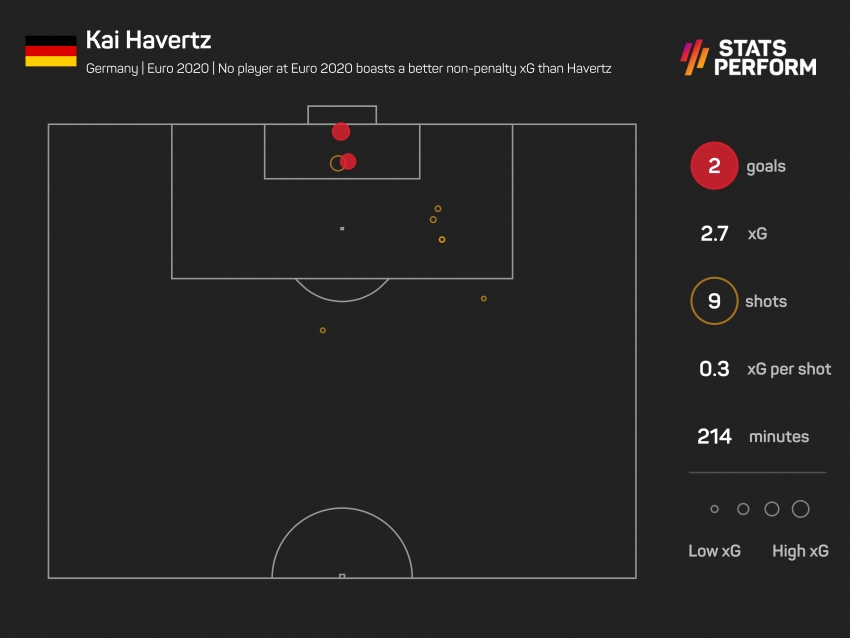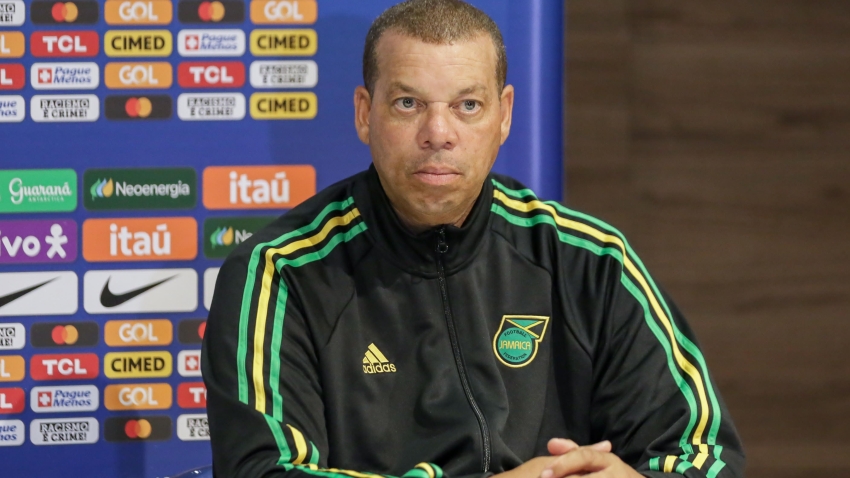With Jamaica’s senior Reggae Girlz failing to register a win since beating Panama at last year’s Fifa Women’s World Cup, Head coach Hubert Busby says the two highly anticipated home friendlies against South Africa represent an opportunity to turnaround their poor run of form.
Though focused on more than just immediate results, Busby pointed out that victory in upcoming matches is part of a larger vision—a journey toward a third-consecutive World Cup appearance in 2027 and the continued development of a sustainable, competitive program for Jamaica’s women’s football.
The Girlz will take on South Africa at the Montego Bay Sports Complex on November 29 and December 2, in what will be their first matches on home soil since November 2022. It will also be the first game in Jamaica for the core group of the 2023 World Cup squad since last September’s Olympic qualifying playoff against Canada.
“It’s special to have the girls back playing in front of our fans. This is an opportunity to connect with the home crowd again, but it’s also a critical step in our preparation for what’s ahead,” Busby shared as he unveiled his 23-member squad.
“We're looking to have a good performance, then that leads to, obviously, a good result to end the year, but really it is also about us continuing to evaluate and to make the proper assessment of the players who continue to kind of move forward into World Cup qualifiers. I mean, that's really the bigger picture. So short term, let's get two good performances this week...two good results and take that into the February window,” he added.

Khadija 'Bunny' Shaw has been in good form for Manchester City.
Busby’s approach reflects his determination to build on recent experiences, including lessons learned from challenging matches against top-tier opponents like Brazil and more recently, France.
Despite a compressed six-day camp prior to that encounter, in which they lost 0-3, he noted the progress made in refining their style of play, particularly in maintaining possession and executing defensive transitions.
“We didn’t get the result we wanted against France, but there were positives, especially in how we’re evolving our style of play—keeping possession and building from the back. But we need to cut down on individual mistakes and improve decision-making in critical moments. Football is a game of moments, and minimizing mistakes during crucial periods is a key focus for us,” he noted.
With the 2027 FIFA Women’s World Cup in Brazil as the ultimate target, Busby has been focused on establishing a winning culture while integrating new talent into the team.
For the last camp, he invited Taylor Hinds, Lulu Jarvis, Reanna Blades, and Natasha Thomas in to see how they fit into the programme, but none of those players are listed for the upcoming camp, in which national youth representative Destiny Powell and Naya Cardoza will be the only new players among the core group.

The coach stressed that his job is not just to guide the team to their third consecutive World Cup but to lay the groundwork for Jamaica’s participation in every World Cup thereafter, hence the consistent inclusion of young talent.
“It’s not just about Brazil in 2027. It’s about creating a sustainable pipeline of talent so we’re always competitive because their growth today will fuel our success tomorrow. So it's really important to get these young players in,” Busby shared.
“My responsibility is to get this team to the 2027 World Cup, but with that said, you know, we want to ensure that we're going to every single World Cup afterwards. Integrating young, talented players into the group to see where they are keeps the group fresh and challenges the group to keep it competitive. The success that we've had in the past, the average age, I believe was about 26 years of age, so they'll probably be about 28 going forward,” he explained.
One of the most exciting elements of the upcoming friendlies is the return of Khadija “Bunny” Shaw, who has been in rich form for Manchester City.
Busby, while highlighting her influence, both as a leader and a prolific scorer, as key to the team’s offensive strategy, also emphasized that the team’s success needs to be rooted in defence as former captain Konya Plummer, left full-back/winger Siobhan Wilson, and defensive midfielder Peyton McNamara also make a return to the fold. Wilson recently recovered from an ACL injury.

Siobhan Wilson makes a long-awaited return after an ACL injury kept her out of action for nine months.
“One of our objectives is to keep a clean sheet. Being good defensively has been the basis of our foundation of success without a doubt, but the biggest inclusion in this group is leader ‘Bunny’ Shaw. She's been in great form, as we all know, so it gives us another option up front to go around with all the as to go along with the other attacking options we have. But having her back in the group helps tremendously,” the tactician declared.
Like the Reggae Girlz, South Africa are also fresh off their participation in the 2023 World Cup, and Busby expects the games to be another tough challenge for his side, much like it was in their last meeting in 2019 when they played out a 1-1 stalemate in Durban.
“Going into these two games against a great-quality opponent in South Africa still gives us a really good litmus test in terms of where we are and, more importantly, where we need to go. So that is the objective. We want to get the wins. We want to improve performance. And we're hoping that these next two games will see a much more improved performance than we have before, that's for sure,” Busby ended.
Squad: Rebecca spencer, Liya Brooks, Allyson Swaby, Konya Plummer, Naya Cardoza, Vyan Sampson, Chantelle Swaby, Deneisha Blackwood, Siobhan Wilson, Atlanta Primus, Destiny Powell, Peyton McNamara, Jade Bailey Drew Spence, Paige Bailey-Gayle, Olufolasade Adamolekun, Khadija Shaw, Kayla McKenna, Davia Richards, Jody Brown, Shania Hayles, Shaniel Buckley, Tiffany Cameron































